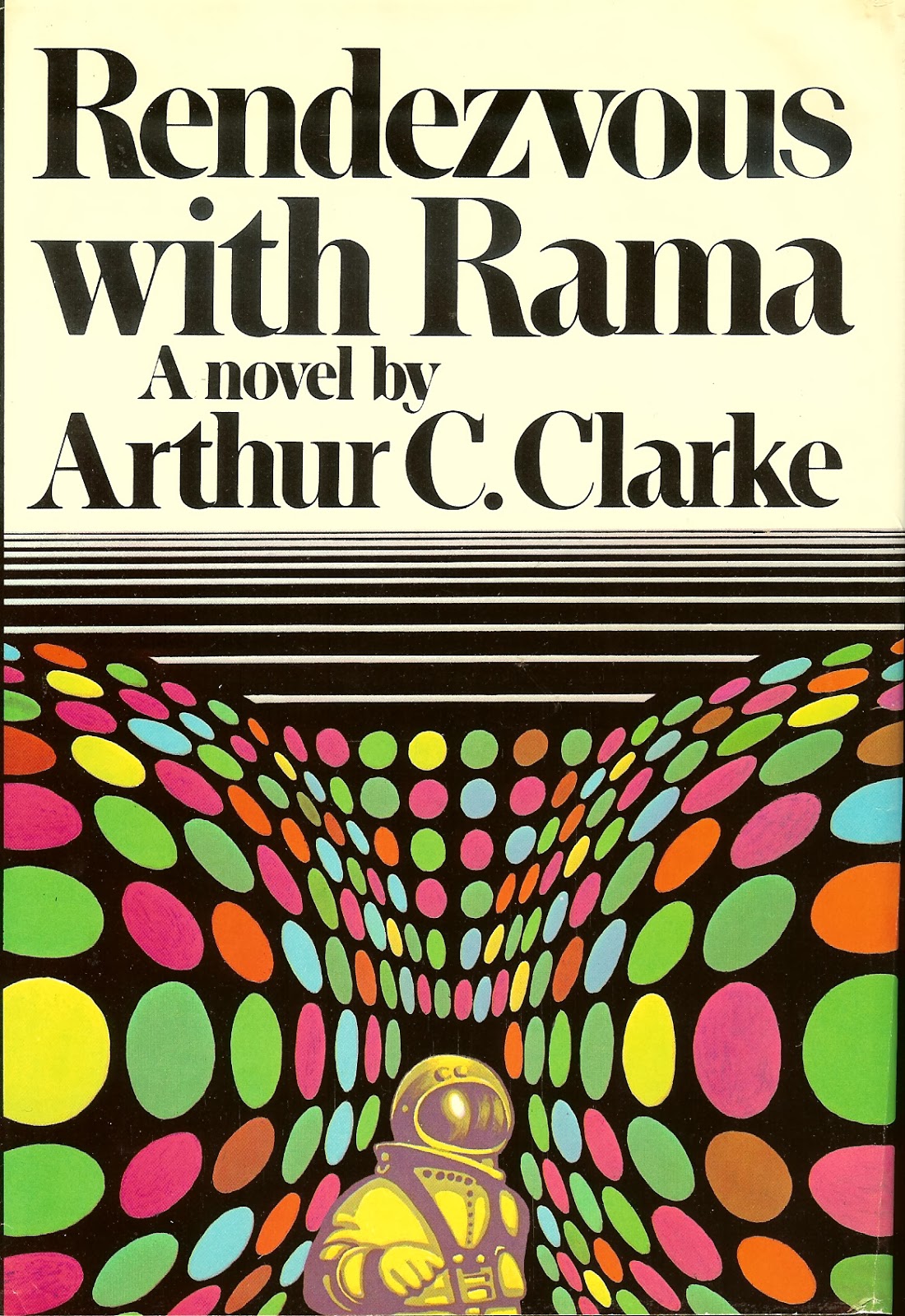Roadside Picnic

My copy--pretty good for 1977 Roadside Picnic, by Arkady and Boris Strugatsky Ekaterina at In My Book reviewed this Russian SF classic for Vintage SF Month , and I was intrigued but didn't expect to get to read it very soon. Then I started back to work for the new semester and found a copy in the stacks! Wow! I feel so lucky. It's the first English edition from 1977, and includes another short novel, Tale of the Troika. I'll be reading that too. In the not-too-distant future, a bunch of alien artifacts landed on Earth in 6 locations, as though shot in packets. Redrick Schuhart has grown up right next to one of the Zones, and he's a stalker--he makes illegal runs into the Zone to find alien artifacts to smuggle and sell. Stalking is an incredibly dangerous job; the Zone is filled with bizarre phenomena and invisible deadly dangers. You might find so-so's, which act like batteries and multiply spontaneously, but you might also fall into a ditch and





















